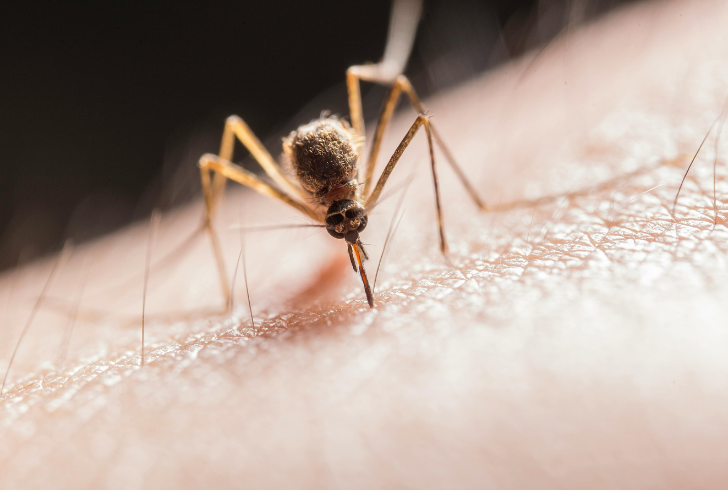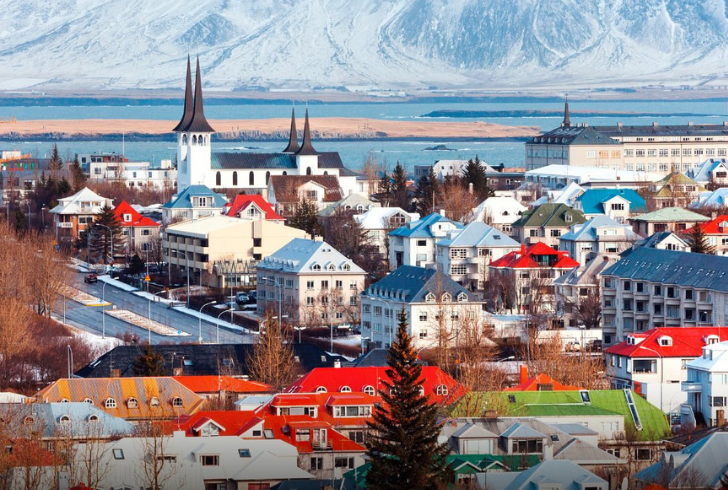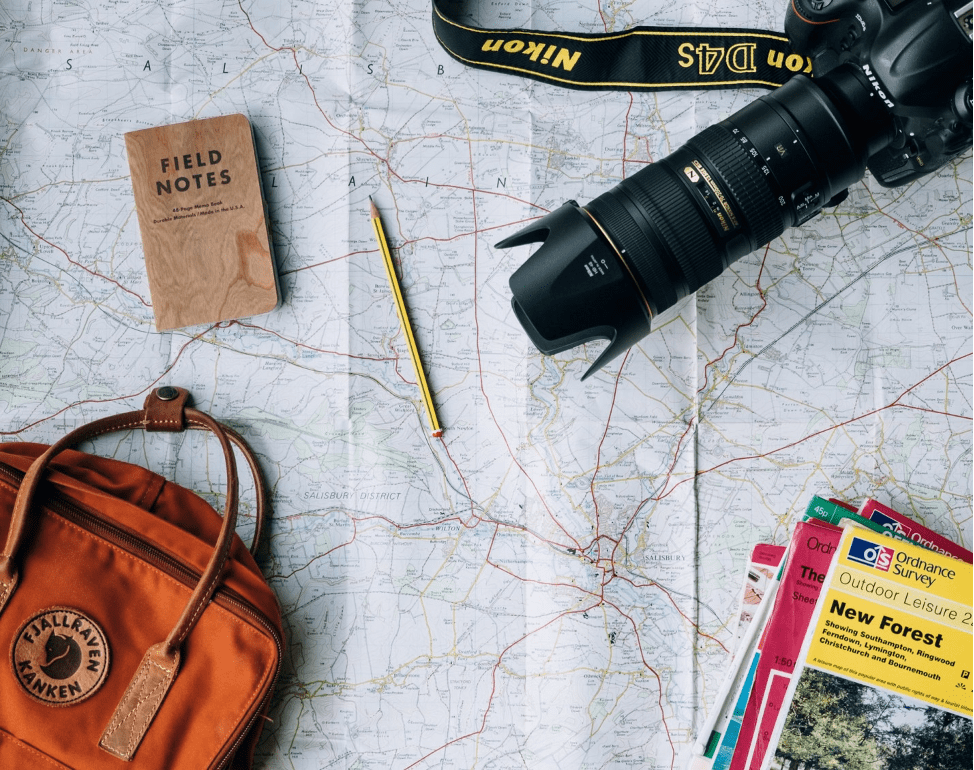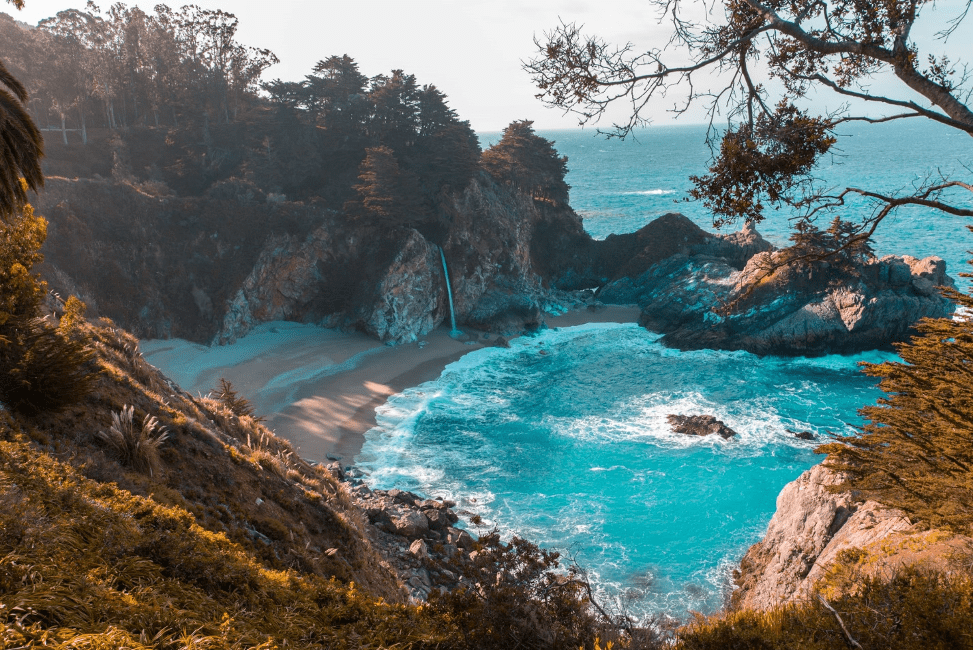For decades, Iceland held a rare distinction — a travel destination free from mosquitoes. The island nation’s crisp air and frigid climate kept the buzzing pests away, offering visitors a rare escape from insect bites. But that’s no longer the case.
Scientists have now confirmed the first-ever mosquitoes in Iceland, marking a surprising ecological shift in one of the world’s most pristine environments.
Mosquitoes Found in Iceland for the First Time
The Icelandic Institute of Natural History has verified that mosquitoes have been found in Iceland for the first time in history. The discovery was reported by the Icelandic Broadcasting Network (RUV) after insects were identified near Reykjavík, the country’s capital and largest city.
Three mosquitoes were collected in western Iceland, close to Reykjavík. Björn Hjaltason, who spotted them, shared his findings in a Facebook group called “Insects in Iceland.” He wrote that he captured the insects on October 16, just as the evening began.

Freepik | The Icelandic Institute verified the historic finding of mosquitoes near Reykjavík.
“At the beginning of dusk on the evening of October 16, I caught sight of a strange fly on a band,” Hjaltason shared. “I immediately suspected what was going on, and the fly was quickly collected.”
He sent the specimen to entomologist Matthías Alfreðsson at the Icelandic Institute of Natural History. Tests confirmed that the insects were mosquitoes of the species Culiseta annulata.
Cold-Resistant Species Reaches Iceland
According to RUV, Alfreðsson explained that Culiseta annulata can tolerate cold climates. Due to this, the species may be able to survive in Iceland’s cold environment.
This confirmation marks the first documented presence of mosquitoes in Iceland. Scientists had predicted that, over time, changing conditions could allow mosquitoes to reach the island. That prediction now appears to be correct.
Tourism and a Changing Climate
The discovery comes as Iceland experiences a boom in tourism. According to EU tourism data, inbound travel increased from 813,215 trips in 2021 to more than three million in 2023. Overnight stays also grew from about three million to over eight million in that same period.
Visitors come to Iceland for its natural wonders — volcanoes, glaciers, geothermal pools, and waterfalls. The massive Vatnajökull glacier alone covers about 8% of the country’s land area.
In winter, travelers visit to see the Northern Lights, while spring and summer bring puffins, whales, and wild horses. The nation’s wild landscapes and wildlife draw people from around the world.
Still, the appearance of mosquitoes could change parts of that outdoor experience. For now, there’s no sign of an outbreak, but scientists say the insects’ ability to survive the cold is a significant development.
Could Mosquitoes Settle in Iceland?

Instagram | iceland | The beauty of Iceland ensures millions visit annually, regardless of the time of year.
Entomologist Matthías Alfreðsson said that there’s a real chance these mosquitoes are “here to stay.” The Culiseta annulata species is known for its ability to survive cold temperatures, particularly in northern Europe.
Their arrival raises new questions about climate shifts and how warmer conditions might affect insect migration in northern regions. Researchers will continue to watch closely to see if these mosquitoes form a lasting population or disappear after winter.
Either way, this marks a new stage for Iceland’s ecosystem — a country once considered impossible for mosquitoes to inhabit.
Iceland’s Natural Wonders Still Shine
Even with this discovery, Iceland remains one of the world’s most breathtaking destinations. Its hot springs, volcanoes, glaciers, and northern lights still create experiences unlike anywhere else. Whether travelers visit in winter or summer, Iceland’s beauty continues to attract millions each year — even if a few mosquitoes have now joined the scene.
The arrival of mosquitoes in Iceland marks a major environmental moment. It shows how climate and ecosystems can change in subtle but powerful ways. Scientists now have a chance to study how this species adapts, while travelers gain a reminder that even remote places are not immune to nature’s shifts.




